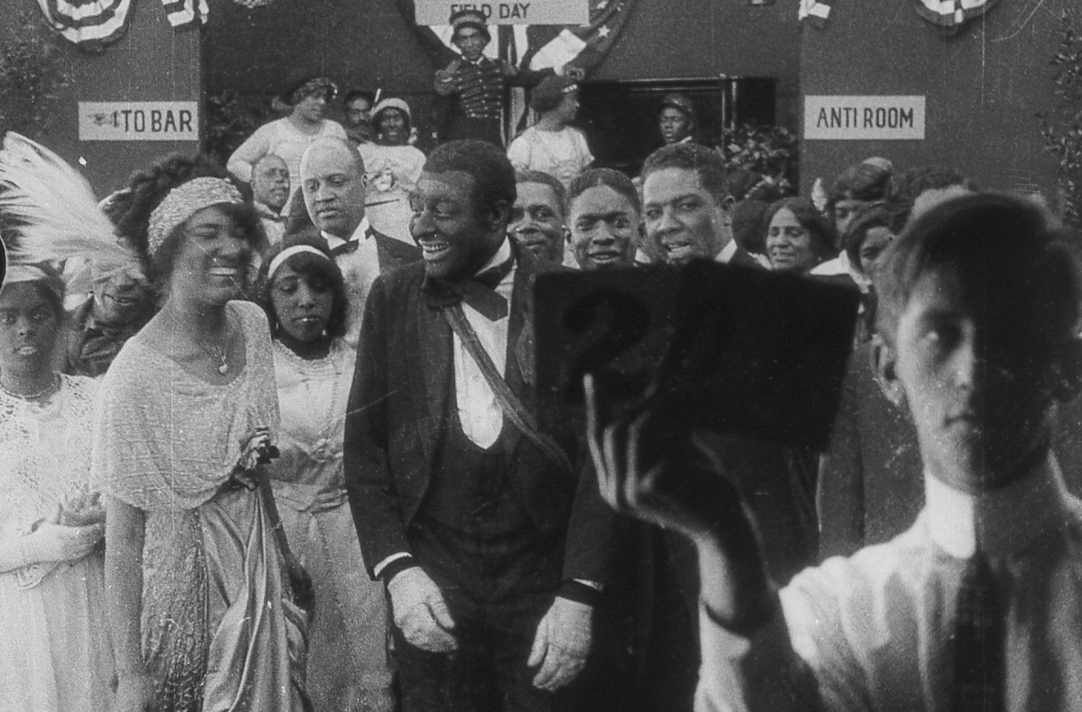He was one of the lions of American poetry when I was just learning how to get some of my own down on the page. He was a friend and advocate of Etheridge Knight who was an even greater influence on my work. He was a teacher of some of my teachers and friends. I’m sorry to hear the news of his death. RIP, Galway Kinnell
Last Songs
1.
What do they sing, the last birds
coasting down the twilight,
banking
across woods filled with darkness, their
frayed wings
curved on the world like a lover’s arms
which form, night after night, in sleep,
an irremediable absence?
2.
Silence. Ashes
in the grate. Whatever it is
that keeps us from heaven,
sloth, wrath, greed, fear, could we only
reinvent it on earth
as song.
